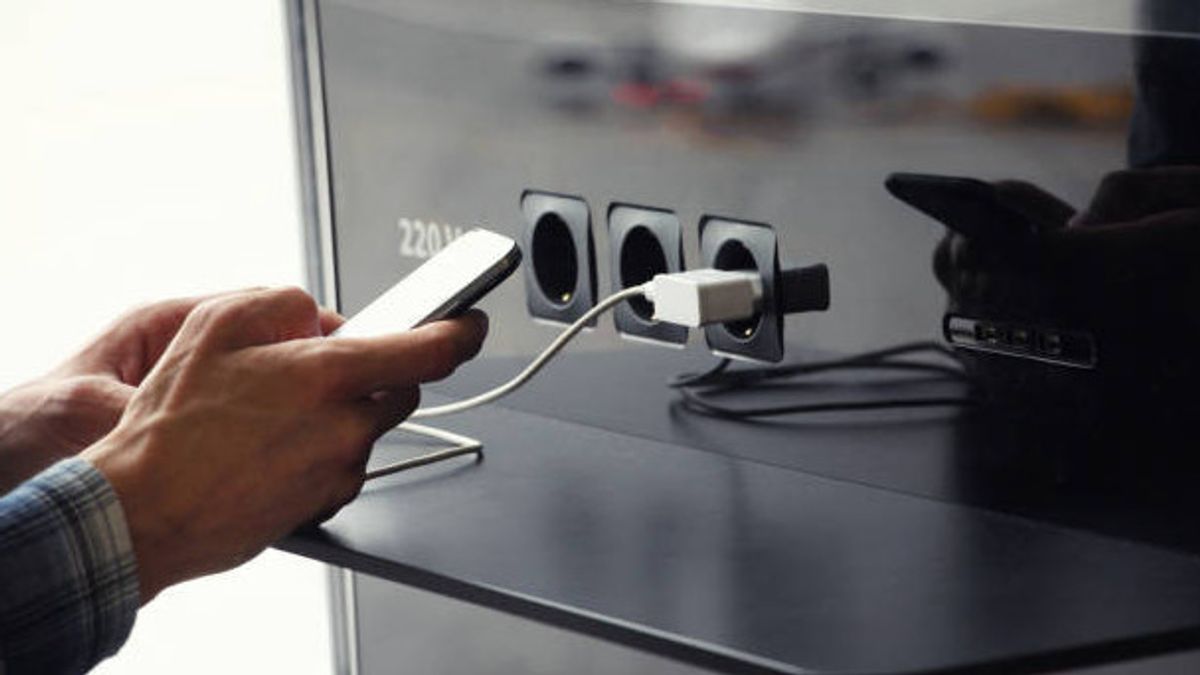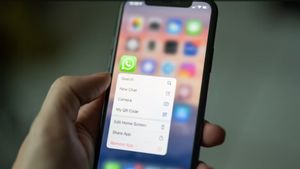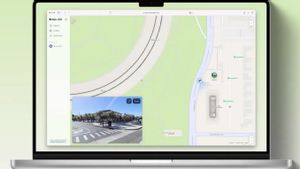JAKARTA - After hours of scrolling the screen, checking directions, and contacting friends and family during trips such as going home, many people find themselves running out of cell phone batteries. They could go to a comfortable USB charging station once they arrive at the terminal.
However, although this comfortable charging station may seem like an ideal solution, many tourists or travelers are surprised that hackers have found a way to fill the virus in.
Jae Ro, from electric adapter manufacturer SIGNAL + POWER, has explained three reasons why you shouldn't.
According to Jae, the first reason not to charge your phone at the airport is because this 'easyness comes with a big security risk'.
The "Port can be manipulated to install malicious software (malware) on your device. This malware can settle undetected, secretly stealing sensitive information such as passwords and banking details," Jae said.
Last year, the United States Intelligence and Security Service delivered a message via its official Twitter account in Denver. "Avoid using free charging stations at airports, hotels, or shopping centers. Bad actors have found a way to use public USB ports to include malware and software monitoring on devices," the service said.
Furthermore, the expert warned about a technique called 'juice jacking'. This is where malware can be installed through a damaged USB port, lock the device or export all your personal data and passwords directly to the perpetrator.
This works because when it comes to smartphones, power supply and data flow pass through the same cable.
"After being infected, your phone becomes vulnerable not only at the airport, but wherever you carry it," Jae said.
Finally, charging your mobile device at the airport can cause accidental data exposure. Even if the charging station is not compromised, you can still be at risk.
The charging station can transfer both data and power. Although the phone asks the user to choose between the "Only Charging" and "Transfer files" modes, this protection is often passed by charging stations, Jae said.
SEE ALSO:
As a result, your device can be prone to wiretapping or data exploitation. This stolen data can then be used for identity theft or sold on the dark web, Jae added.
Apart from giving warnings, Jae also shared some advice on how you can safely charge your phone at the airport if you do encounter situations where you need to do so.
The first tip is to invest in portable chargers so you don't have to rely on public charging stations.
Second, stay with trusted sources and only use your own personal charger or borrow from someone you trust - a wall stand is also better than a USB port.
If you have to use a public station, disable the data transfer on your phone before connecting it. This guarantees that only power flows through the cable," said Jae.
Including considering the use of 'Data Blocking Wire' - a USB data blocker prevents data transfer between your device and the charging station, allowing only power transfer.
The English, Chinese, Japanese, Arabic, and French versions are automatically generated by the AI. So there may still be inaccuracies in translating, please always see Indonesian as our main language. (system supported by DigitalSiber.id)


















